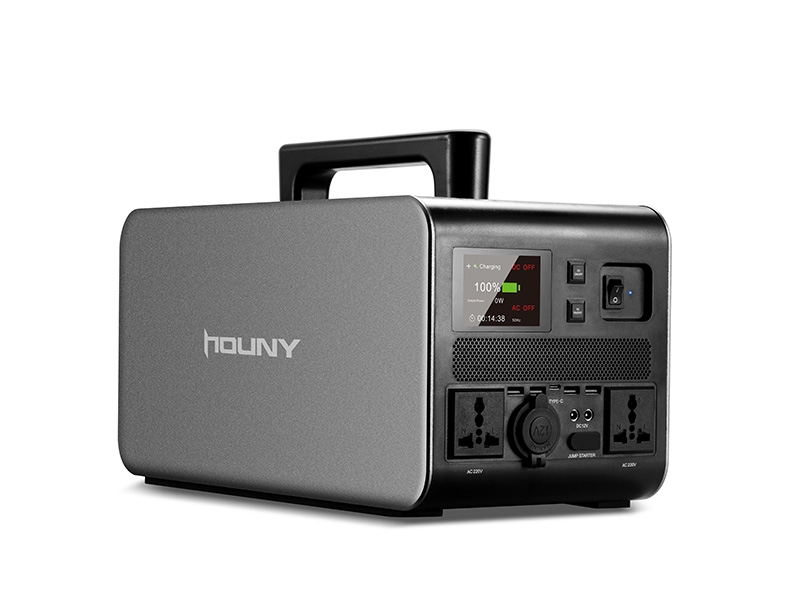When it comes to power stations, lithium-based batteries are widely used due to their high energy density and long cycle life. However, there are different types of lithium-based batteries available in the market, and two of the most popular ones are LiFePO4 and lithium-ion (Li-ion) batteries. In this response, we will explore the characteristics of each battery and compare them to determine which one is better for a power station application.

LiFePO4 power stations are a type of lithium-based battery that has a cathode made of iron phosphate. These batteries are known for their high cycle life, excellent thermal stability, and high discharge rates. They are also safer compared to other lithium-based batteries because they are less prone to thermal runaway or explosion. Due to these characteristics, LiFePO4 batteries are commonly used in applications that require high-power output and long cycle life, such as electric vehicles, solar energy storage, and off-grid power systems.
On the other hand, lithium-ion batteries are a more generic term that encompasses a wide range of lithium-based batteries with different chemistries, including cobalt oxide, nickel manganese cobalt oxide, and lithium iron phosphate. These batteries are known for their high energy density, which means they can store more energy in a smaller package compared to other types of batteries. They also have a low self-discharge rate, which means they can hold their charge for a longer time.
When comparing LiFePO4 and Li-ion batteries for power station applications, several factors need to be considered, including cost, energy density, cycle life, safety, and environmental impact.
Cost: LiFePO4 batteries are generally more expensive compared to Li-ion batteries. This is because LiFePO4 batteries require more raw materials and a more complicated manufacturing process.
Energy Density: Li-ion batteries have a higher energy density compared to LiFePO4 batteries, which means they can store more energy in a smaller package. This makes Li-ion batteries ideal for applications where space is limited.
Cycle Life: LiFePO4 batteries have a longer cycle life compared to Li-ion batteries. This means that they can be charged and discharged more times before they degrade, making them more suitable for applications that require frequent charging and discharging.
Safety: LiFePO4 batteries are considered safer compared to other types of lithium-based batteries, including Li-ion batteries. This is because they are less prone to thermal runaway and explosion. This makes LiFePO4 batteries more suitable for applications where safety is a critical concern.
Environmental Impact: Both LiFePO4 and Li-ion batteries have a low environmental impact compared to other types of batteries, such as lead-acid batteries. However, LiFePO4 batteries are considered more environmentally friendly compared to Li-ion batteries because they are made of non-toxic and non-hazardous materials.
In conclusion, LiFePO4 and Li-ion batteries have different characteristics that make them suitable for different power station applications. LiFePO4 batteries are more suitable for applications that require high-power output, long cycle life, and safety, while Li-ion batteries are more suitable for applications that require high energy density and space-saving. Ultimately, the choice between LiFePO4 and Li-ion batteries depends on the specific requirements of the power station application and the trade-offs between cost, performance, and environmental impact.
评论
发表评论